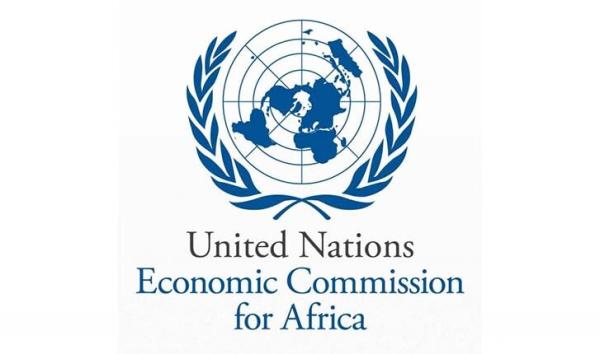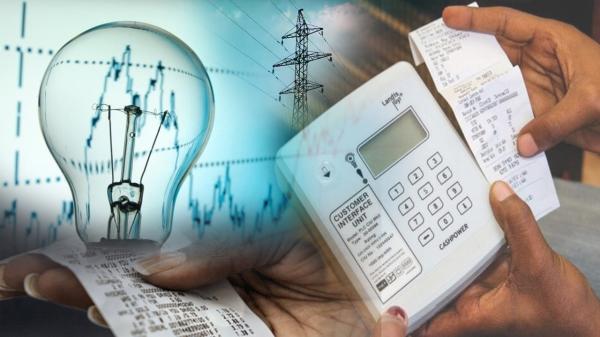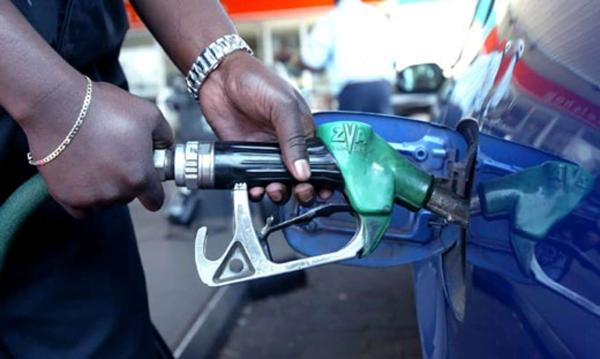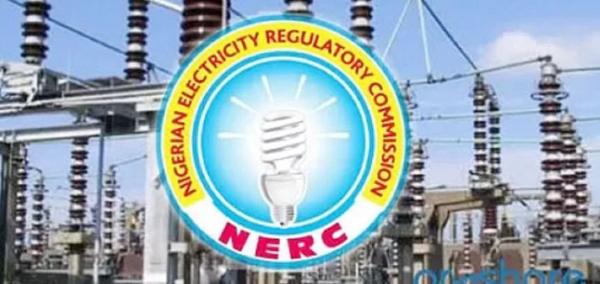
The Director-General of the Nigeria Employers’ Consultative Association, Adewale-Smatt Oyerinde, has called on the Federal Government to take bold steps to restore macroeconomic stability by reinvesting subsidy removal gains in infrastructure.
Oyerinde, in charts with Daily Independent, said reinvesting revenue from fuel subsidy removal into infrastructure projects was vital for economic regeneration.
He said: “The renewed efforts to restore macroeconomic stability are underpinned by structural reforms aimed to enhance domestic resource mobilization, strengthen public financial management, and create a business environment that better fosters private sector development.
“In as much as we do expect a reversal of fuel subsidy removal, what will help the economy to regenerate is if the government productively reinvests the revenue gains of the subsidy removal into infrastructure projects such as road construction and maintenance, increasing the quantum of electricity production and distribution, improving the transportation (road, rail, water, and air), re-situating ports infrastructure, including the dredging of ports in other parts of the country for commercial vessels to decongest the Lagos ports and ultimate ensuring that at least two of four national refineries are swiftly resuscitated.
“There is no doubt that fuel subsidy removal has increased the cost of doing business through an exponential rise in the cost of fuel, transportation, and other logistics. It has also affected production in the real sector as sales decline due to lowered household consumption.
“More so, many companies have adjusted the expenditure columns of their budget to provide support to their employees in the form of palliates, which has further added to the cost.”
Oyerinde, while speaking on creating a conducive environment to support small businesses in the country, affirmed that the provision of basic infrastructures that would support the activities and growth of small businesses in the country, especially power, and road network security, among others, were critical support infrastructure for small business operations.
“Alongside infrastructure provision is the fixing regulatory environment. This is essential because the environment is not business-friendly. For instance, you have a startup in the manufacturing sector that has to face a multiplicity of taxes from the three tiers of government.
“It has to deal with issues with different regulators, some of which have turned themselves into undertakers. Let regulatory agencies be assessed based on how many businesses they facilitate and incentivise.
“If infrastructure is provided, they would have created an environment that would make the businesses competitive. For instance, if I am producing toothpicks from Lagos on the one hand and the other hand, there are cheaper toothpicks being imported from Ghana or Benin Republic than the ones being sold in Lagos, it makes importation more attractive than producing locally”, he said
According to him, these are the issues sound infrastructure would help to overcome and then the regulatory environment would play a crucial role in making those small businesses very attractive.
“In addition, the whole macro economy needs to be managed in such a way that individuals and households would have an appreciable income that can continue to fuel the wind of consumption.
“The more people can consume, the more the producers can produce. If you produce and you cannot sell because the purchasing power has been eroded by inflation, then there is an issue”, he said






















